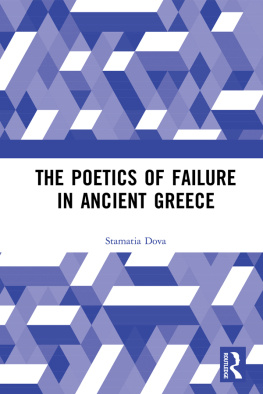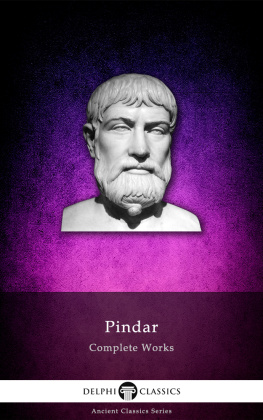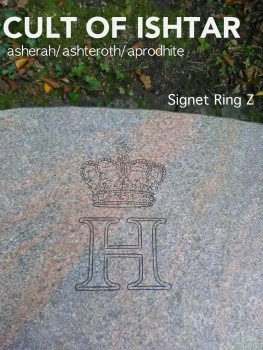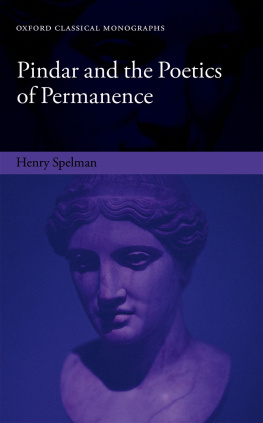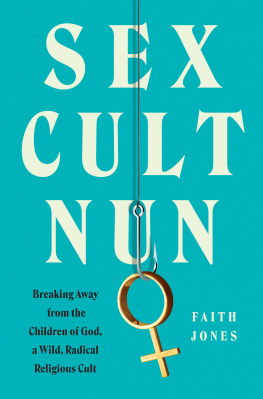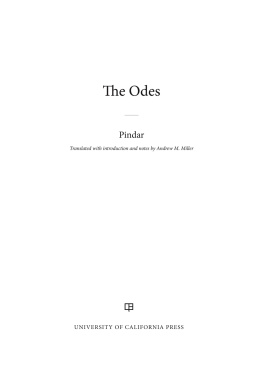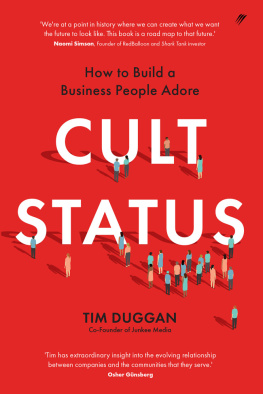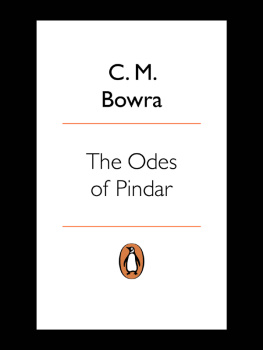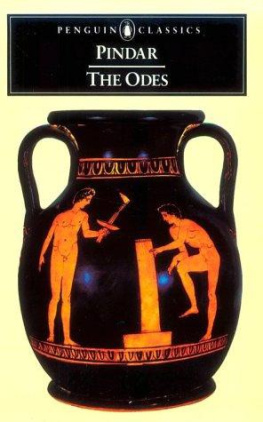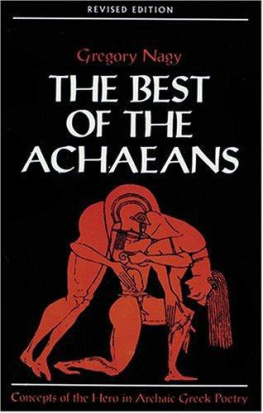OXFORD CLASSICAL MONOGRAPHS
Published under the supervision of a Committee of the
Faculty of Classics in the University of Oxford
The aim of the Oxford Classical Monographs series (which replaces the Oxford Classical and Philosophical Monographs) is to publish books based on the best theses on Greek and Latin literature, ancient history, and ancient philosophy examined by the Faculty Board of Classics.
Pindar and the Cult of Heroes
BRUNO CURRIE


Great Clarendon Street, Oxford OX2 6DP
Oxford University Press is a department of the University of Oxford.
It furthers the Universitys objective of excellence in research, scholarship,
and education by publishing worldwide in
Oxford New York
Auckland Cape Town Dar es Salaam Hong Kong Karachi
Kuala Lumpur Madrid Melbourne Mexico City Nairobi
New Delhi Shanghai Taipei Toronto
With offices in
Argentina Austria Brazil Chile Czech Republic France Greece
Guatemala Hungary Italy Japan South Korea Poland Portugal
Singapore Switzerland Thailand Turkey Ukraine Vietnam
Oxford is a registered trade mark of Oxford University Press
in the UK and in certain other countries
Published in the United States
by Oxford University Press Inc., New York
Bruno Currie 2005
The moral rights of the author have been asserted
Database right Oxford University Press (maker)
First published 2005
First published in paperback 2010
All rights reserved. No part of this publication may be reproduced,
stored in a retrieval system, or transmitted, in any form or by any means,
without the prior permission in writing of Oxford University Press,
or as expressly permitted by law, or under terms agreed with the appropriate
reprographics rights organization. Enquiries concerning reproduction
outside the scope of the above should be sent to the Rights Department,
Oxford University Press, at the address above
You must not circulate this book in any other binding or cover
And you must impose this same condition on any acquirer
Britsh Library Cataloguing in Publication Data
Data available
Library of Congress Cataloging in Publication Data
Data available
ISBN 9780199277247 (Hbk.)
ISBN 9780199586707 (Pbk.)
For my parents
PREFACE
This book will argue for a new understanding of Pindars epinician poetry and, in a significant respect, of the culture which produced it. The doctoral thesis from which the book grew was conceived initially under the title Hero Cult in Pindar. The original project was to take the allusions to hero cult in Pindars odes in conjunction with the other evidence for those cults; it was to be an integrative approach, one that would shed light on both the poetry and the religious practices. (To my knowledge, only one monograph has been devoted to hero cult in Pindar: a German dissertation in Latin of only 28 pages, written in 1865: C. Ohlert, De heroologia Pindarica, diss. Jena.) This integrative approach has been retained in this book, but any initial aspiration I had once had to give an exhaustive account of hero cults in Pindar was soon abandoned. Instead, one issue came to dominate: whether a literary motivation for the numerous allusions to hero cult in Pindars odes was to be found in the prospect of heroic honours for the addressee. As I looked into the hero cults of historical persons, I found the existing scholarship unsatisfactory for my purposes. The scope of the work expanded: Hero Cult in Pindar became Hero Cult and Pindar, and then Pindar and the Cult of Heroes. The importation of the conjunction and into the title was meant to give me the latitude to address problems specific to hero cult or to Pindar, and not necessarily common to both of thema latitude I have availed myself of in the book. From the outset the work was conceived as a study in both Pindar and Greek religion; I hope it will interest scholars and students in both areas. It has not been possible for me to take account of scholarship of which I became aware after January 2004, when the completed manuscript was delivered to the Press.
In the course of writing the book I have been extremely privileged to have had access to distinguished and generous scholars. Nicholas Richardson supervised the thesis with unflagging commitment, and applied a judicious blend of scepticism and encouragement. Jasper Griffin introduced me to Pindar as an undergraduate; he also suggested hero cult in Pindar as a subject for research and offered valuable criticisms of the completed thesis. Richard Rutherford found time in an exceptionally busy schedule to make instructive comments on the whole thesis. The thesis was examined by Christopher Carey and Robert Parker, whose exacting standards of scholarship remained an inspiration and a challenge in writing this book. Gregory Hutchinson oversaw the conversion of the thesis into a monograph; to him I owe a wealth of penetrating comments and corrections on all levels. All these have enriched and improved this book; none bears any responsibility, however, for the books general argument or its particular failings. I have also greatly valued comments made on individual chapters by John Bennett, Emily Kearns, Peter Parsons, and Ian Rutherford. While in Zurich for the academic year 19978 I had the opportunity of discussing my work with Walter Burkert and Eveline Krummen. I am very grateful to them, and to Christoph Riedweg, for showing an interest that was both academic and personal. I profited much, in that year and after, from countless discussions with Laura Gemelli, Michael Janda, and Christian Oesterheld. Closer to home, Matthew Robinson provided, along with friendship, invaluable computing assistance. Tom Braun, Ettore Cingano, Leslie Kurke, and Christian Mann kindly made available to me unpublished or inaccessible material. I regret that, despite strenuous efforts, I was unable to contact Klaus Hoffelner, author and copyright holder of the drawings reproduced here as Figures 4c and 4d. The luxury of research was made possible in the first place by an award from the British Academy. Research abroad would not have been possible without a Scatcherd European Scholarship from Oxford University, and I could not have converted the thesis into a monograph without holding the Christopher Tower Junior Research Fellowship in Greek Mythology at Christ Church. Heartfelt thanks are due to Christ Church, where the book was substantially written; also to several years of Oxford students for sharpening my thinking, on Pindar and Classical literature generally. Several debts of even longer standing also need to be acknowledged: to Peter Butler, my Greek teacher at Altrincham Grammar School for Boys; and to my tutors at Balliol College: Jonathan Barnes, Michael Comber, Stephen Everson, Jasper Griffin, and Oliver Lyne. All shaped my mind in numerous ways and provided lasting stimulation. Several friends have earned a stake in this book through their long-term interest and encouragement: Joy Dykers, Lucy Havard-Williams, Ranjit Hosangady, Michael Suarez, Bart van Es, and Nadja Wollschitt. Most of all, Katrin Stelter has offered support of every kind; to her very special thanks are due. The last word of thanks, with more sincerity than the formularity allows, is for my parents.
B.G.F.C.
Oxford, July 2005
LIST OF FIGURES
ABBREVIATIONS
|
Allen | T. W. Allen (ed.), Homeri Opera |
Next page

